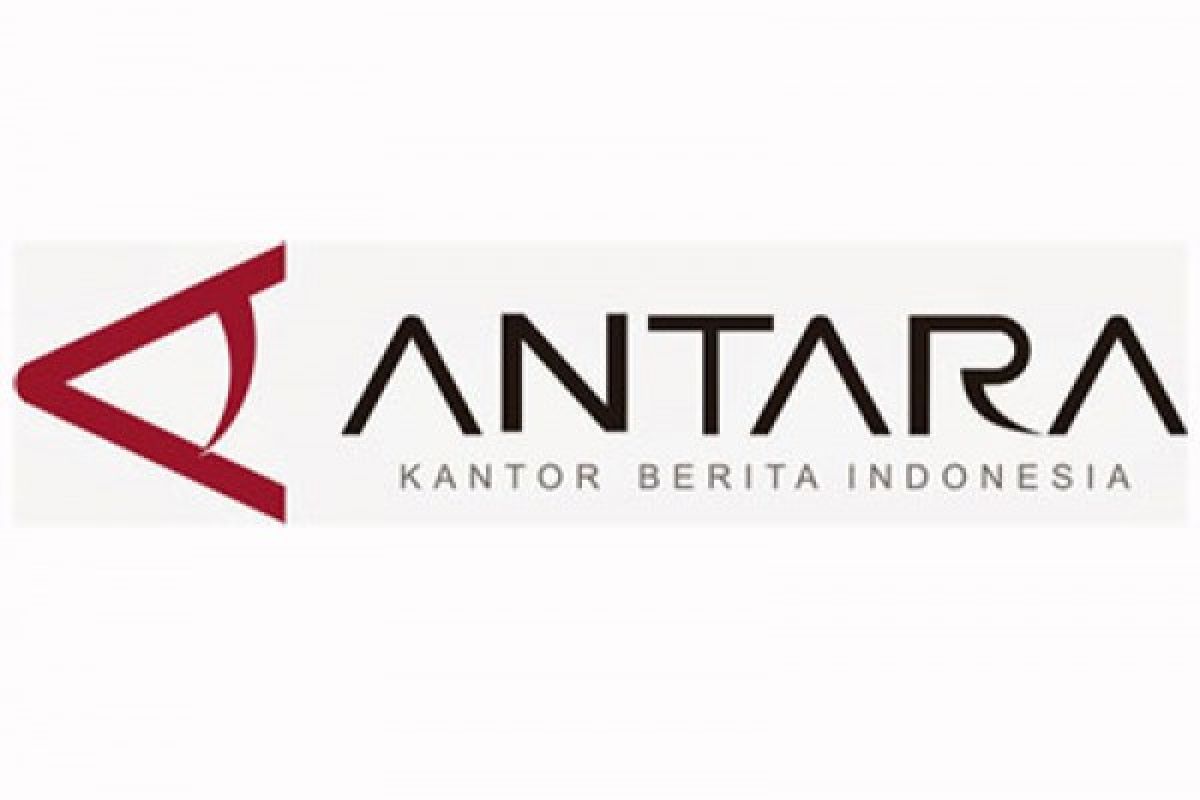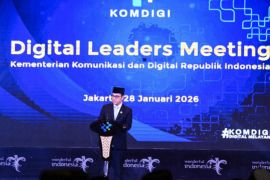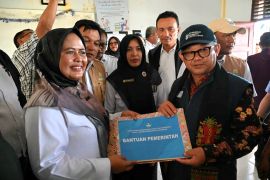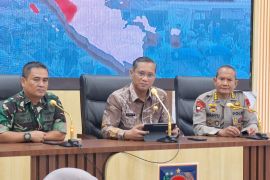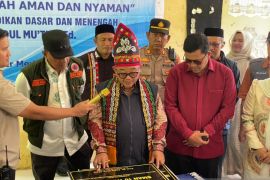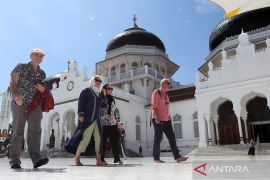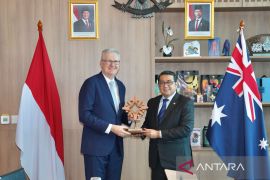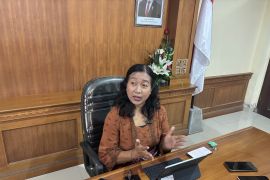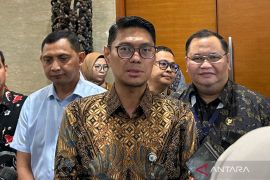Minister of National Development Planning/Head of Bappenas, Bambang Brodjonegoro, stressed the importance of preventing corruption through the implementation of open government here on Tuesday.
The Indonesian government, in implementing the open government, has made several attempts, including building a People`s Online Aspirations and Complaints Service (LAPOR!), a platform for social media-based aspirations and complaints.
In addition, the Indonesian government has implemented the One Map Policy, which aims to produce reliable geospatial information, as per the Republic of Indonesia Presidential Regulation Number 13 of 2018 concerning the Application of the Principle of Recognizing to Benefit Owners of Corporations in order to prevent and eradicate money laundering and criminal acts of terrorism funding.
"Open, transparent, and accountable governance, carried out under the principle of open government, is very important to be carried out in Indonesia. Through this strategy, the opportunity to take action against the law, such as in corruption, can be suppressed," Brodjonegoro noted.
In its implementation, "open government" and "open data" need to be supported by the public, the private sector, academics, as well as the media, so that these initiatives can encourage more effective development and have maximum impact on people`s welfare.
"In practice, open macroeconomic data that is published periodically can have a positive impact on foreign direct investment or foreign credit investments," he explained.
The IACC was attended by representatives from 135 countries, with the number of participants from government, academia, private sector, and other development stakeholders reaching more than two thousand. Brodjonegoro exemplified the "best practices" of the implementation of open government in Indonesia, including online planning systems or Jogjaplan`s e-planning implemented by the Government of Yogyakarta.
Jogjaplan functions as a preparation medium for government programs, so that they can be carried out easily, quickly, accurately, and in accordance with applicable regulations, and can accommodate the roles of relevant stakeholders.
With Jogjaplan, the Regional Development Planning Agency (Bappeda) can maximize a program to make it more useful for the community.
In addition, there is also an e-budgeting system implemented by the Surabaya Government. This computer-based system facilitates the planning of draft Regional Budget (APBD) with Changes in the Budget of Activities (PAK) of the Surabaya City Government.
The implementation of e-budgeting has proven to be able to save local finance of up to 30 percent.
Another example is the "open budget" implemented by Ambon City. With this strategy, budget reporting is available on Ambon City government websites, so that it can be accessed by people who want budget transparency.
In the case of open procurement, Bojonegoro Regency is also an example, because it successfully implemented Bojonegoro Open System (BOS), an online information center that contains details on the procurement of public goods from upstream to downstream in a transparent manner, including information on the parties responsible for procurement, quality of goods, and services, until the audit process.
The principle of open government can also be implemented for village funds, so that the public can oversee the use of funds and jointly prevent corruption. One example of the application of this principle is the application of Village Funds for health services in Kupang City, Sikka District, and North Central Timor District, East Nusa Tenggara.
In the region, the use of Village Funds was carried out through a social accountability approach, so as to encourage the effectiveness of health services at the local health centers, including recruitment of midwives, procurement of equipment, construction of supporting infrastructure, provision of electricity and water, and training and development for volunteers in the health sector.
"Indonesia hopes that open government implementation can contribute directly to various development sectors, including poverty reduction, economic development, public services, sustainable environmental preservation, and prevention of corruption," he revealed.
In July 2018, the President of the Republic of Indonesia Joko Widodo signed the Presidential Regulation Number 54 Year 2018 concerning the National Strategy for the Prevention of Corruption.
Through this Presidential Regulation, every agency is involved as a stakeholder. For example, the Corruption Eradication Commission, Ministry of National Development Planning / Bappenas, Presidential Staff Office, Ministry of Home Affairs, and Ministry of State Apparatus Empowerment and Bureaucratic Reform are tasked with optimizing corruption prevention efforts by involving civil society and stakeholders.
Editing by Yoseph Hariyadi
Reporter: Eliswan Azly
Editor: Heru Purwanto
Copyright © ANTARA 2018
